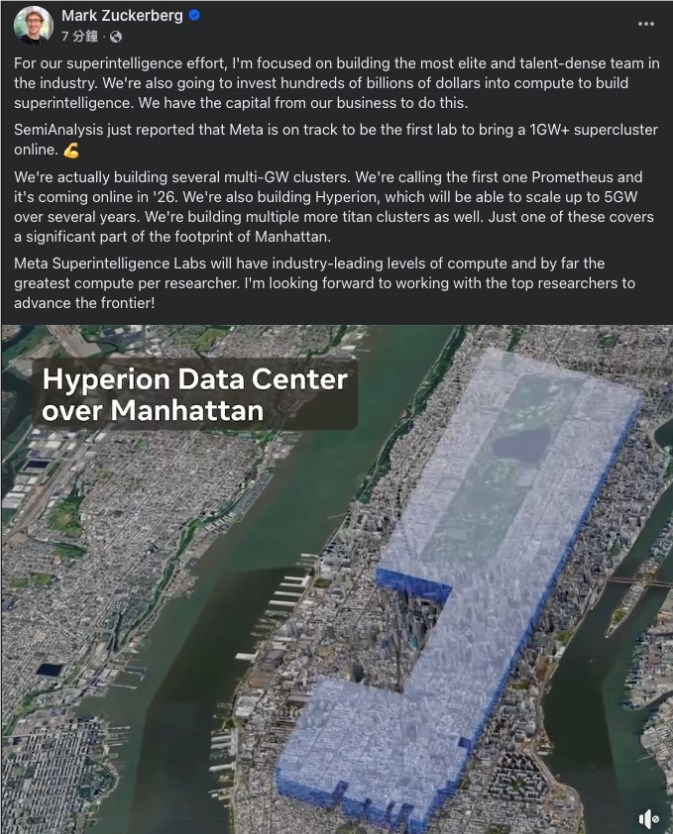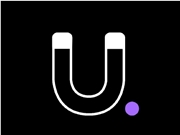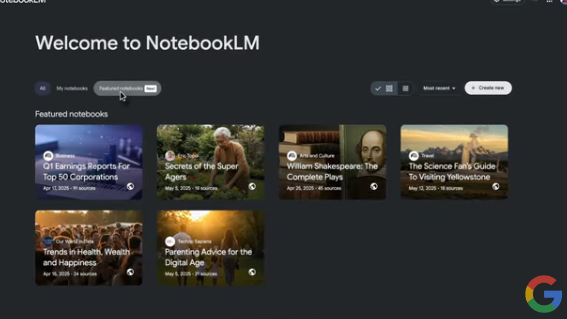In the digital content era, originality is becoming increasingly important. Recently, Meta (the parent company of Facebook) announced that it will strengthen its efforts to crack down on accounts that share "non-original" content on its platform. These accounts often repeatedly use others' text, images, or videos without their own creative input. This measure is another step taken by Meta following the removal of approximately 10 million fake accounts impersonating major content creators this year.
At the same time, Meta has also taken action against about 500,000 accounts involved in "spam behavior" or fake interactions. These measures include reducing the visibility of comments from these accounts, limiting the spread of their content, and preventing them from profiting. Notably, Meta will not penalize users who use others' content in their interactions, such as those making reaction videos or joining popular trends. Instead, Meta will focus on cracking down on the repeated posting of others' content through fake accounts.

To further protect the rights of original creators, when Facebook detects duplicate videos, it will reduce the distribution of these copies to ensure the original creators receive the appropriate views and credit. In addition, Meta is testing a new system that will provide links guiding users to the original content when they watch duplicate videos. These measures mark Meta's growing emphasis on content copyright and protection for content creators.
With the rapid development of artificial intelligence technology, social platforms are flooded with a large amount of low-quality content, often referred to as "AI garbage content." On YouTube, low-quality videos created using AI tools that convert text to video are constantly emerging, commonly involving AI voice overlays on photos or video clips. This low-quality content poses challenges to the platform's content ecosystem.
Although Meta's latest announcement mainly targets duplicate content, it also indirectly addresses the issue of AI-generated low-quality content. The company advises creators to focus on "authentic storytelling" when creating content, rather than simply splicing fragments or adding watermarks to others' content. Meta emphasizes that video descriptions should be of high quality, rather than relying on unedited automated AI captions.
As these new policies are gradually implemented, Facebook creators will have time to adjust. If they notice a reduction in content exposure, they can check the new content insights on Facebook's professional dashboard to understand the reasons.






